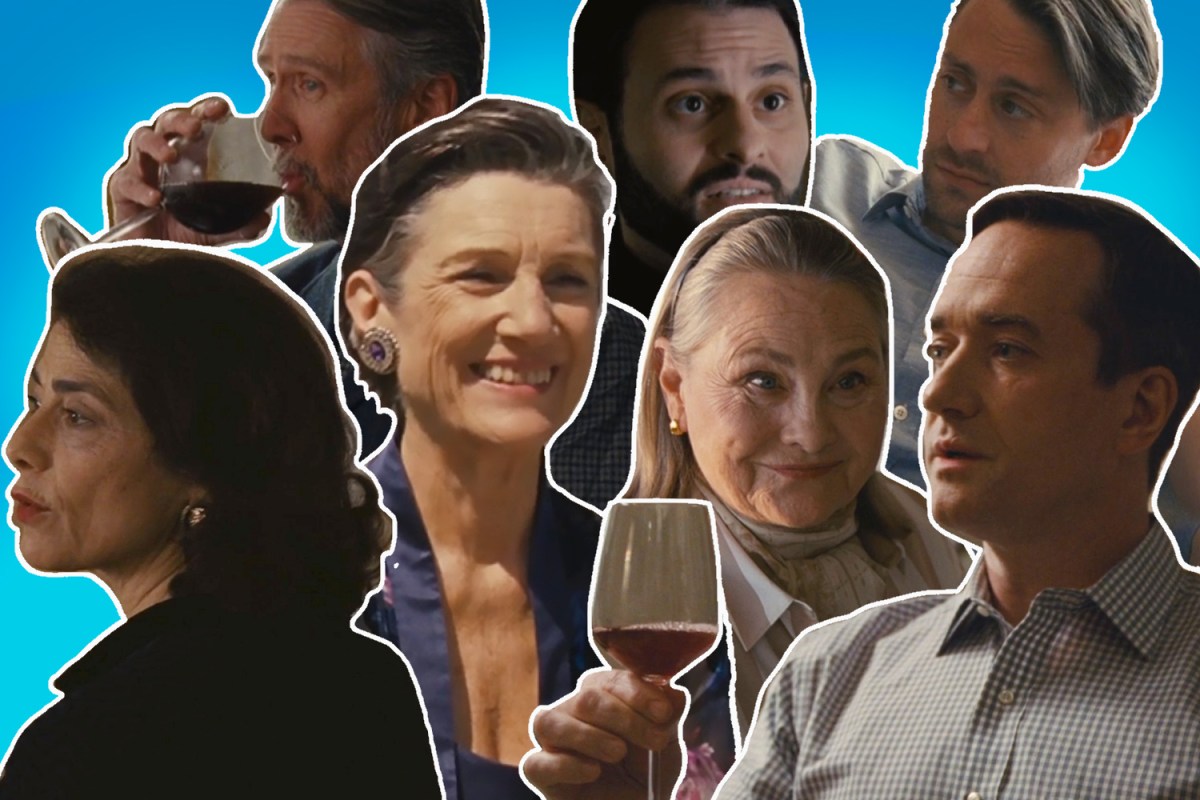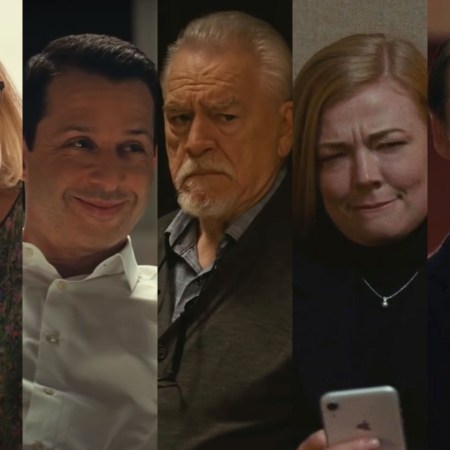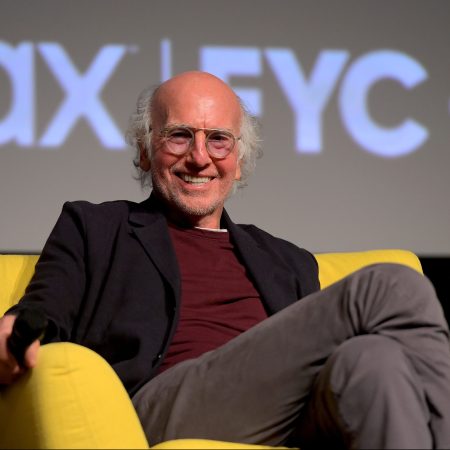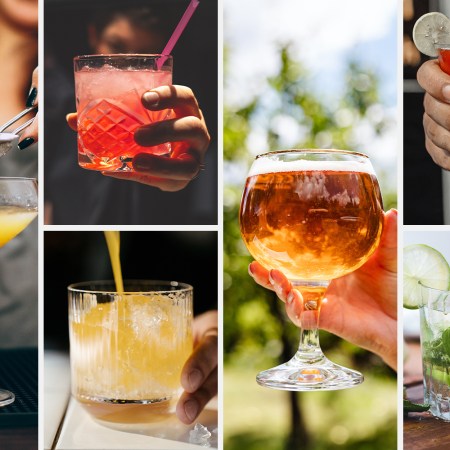“Tell me who your enemy is, and I’ll tell you who you are,” says Congressman and presidential hopeful Jeryd Mencken to Roman Roy, reframing the famous line “tell me what you eat, and I’ll tell you who you are,” by French gastronome Jean Anthelme Brillat-Savarin. While not a lot of actual eating is witnessed in Succession (“Boar on the floor” sausage fest notwithstanding), drinking, and especially drinking wine, has an important role to play. Throughout Succession, wine is frequently used as a power move in terms of who gets served what by whom, who gets denied the filling of their cup, or who is forced to pour their wine back into the bottle.
What the Roys and their wealthy associates say about wine, on the other hand, also reveals multitudes about their characters and agendas, akin to “tell me what you drink, and I’ll tell you who you are.” As people with means who can afford basically any wine they desire, it begs the question: do their biases actually hold up with wine pros? Ranked in descending order of the unqualified snobbery each line projects, here are all of Succession’s notorious wine comments, evaluated by sommeliers, to separate the actual discernment from the undeserved condescension.
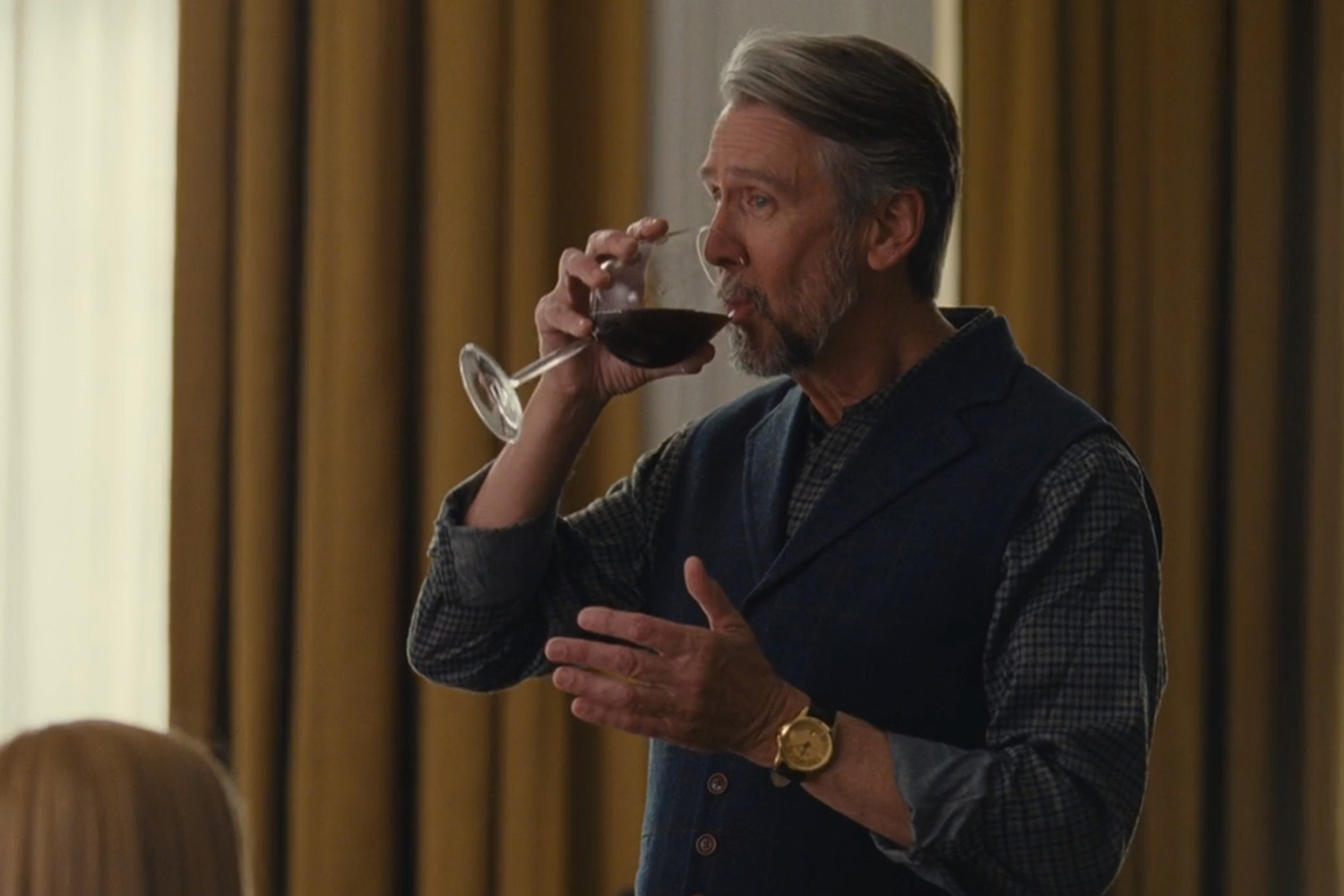
Season 2, Episode 3
Connor Roy: “You should hyper-decant. It softens the tannins, heightens the aromas. You can age your wine five years in 10 seconds. Truly.”
Truly, you cannot. “Aging wine in a bottle is a magical transformation that can’t be rushed or imitated,” says Kendeigh Worden, Columbus-area sommelier, wine educator and founder of The Grape Grind. Having thus poured his sister a glass of Burgundy from the pitcher of a Vitamix, here Connor Roy, presidential candidate and eldest son of Waystar Royco patriarch Logan Roy, demonstrates his long-distance relationship with reality, though he might just have a point about the tannins. “Decanting is just a process that helps open a wine,” explains Worden. “Its purpose is twofold: In older wines, it helps rid of sediment that may be in the bottle. In more youthful wines, it exposes the liquid to more oxygen which not only softens tannins, but allows certain reductive aroma compounds to disappear and more positive ones to emerge.” While decanting has its numerous benefits, Connor’s method of hyper-decanting in a blender isn’t exactly recommended by professionals. “I don’t think it’s worth the work to try it,” says Worden. “Over blending is bound to add oxygen way too quickly, ruining the structure of the wine.” This isn’t so much the work of snobbery, therefore, but of cluelessness, consistent with Connor’s often bizarre demeanor.
(On the other hand, while Connor is often out-of-touch with the world, when he snipes at commercial airline travel by mentioning their selection of “heavily refrigerated cheeses,” he’s not wrong. You don’t have to have a “PJ” — private jet — in order to serve cheese appropriately tempered.)
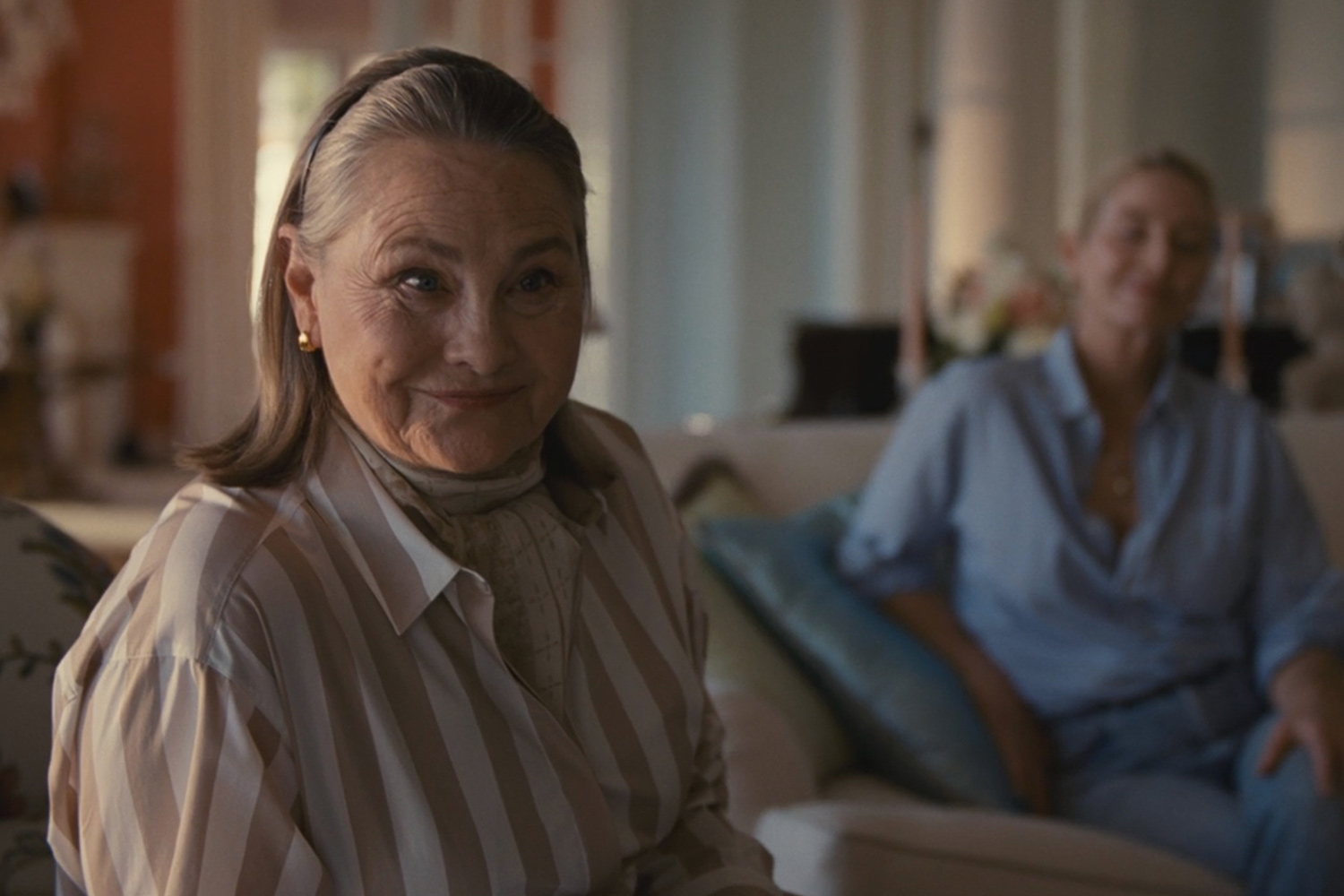
Season 4, Episode 1
Nan Pierce: “I got a taste for hypermarché vin ordinaire when I was 19 years old and I have never been able to shake it. I like my wines thin and vinegary.”
Nan Pierce, rival media mogul to Waystar Royco’s Logan Roy, purports to be a billionaire of the people through her choices and actions. Here, she doubles down on her presumptively humble nature by expressing a preference for supermarket jug wine, in stark contrast to the Roys’ expensive tastes. “Vin ordinaire simply means ‘table wine’ in French,” explains Carlos Escudero, wine consultant for Massanois Imports. “This is a wine that is usually very inexpensive and is meant to be consumed around the dinner table with friends and family. Something for everyone to enjoy on a budget.” A billionaire on a budget would seem to put Nan on the low end of the snobbery spectrum, if she didn’t employ a flawless French accent in her argument, rolling hypermarché off of the tongue in such a way as it comes across as Montrachet. It’s a little too attention-seeking to effectively count as reverse-snobbery.
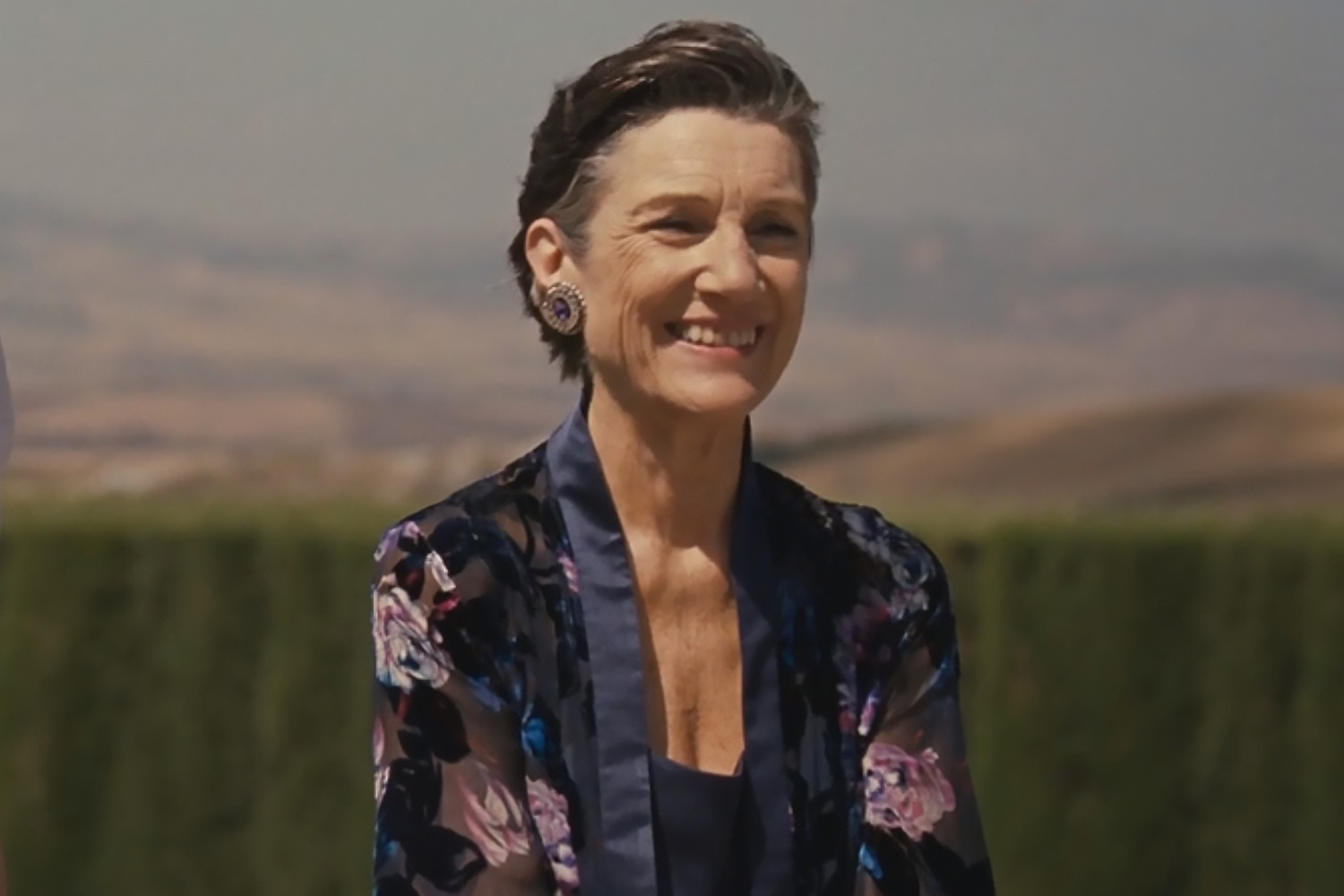
Season 3: Episode 8
Lady Caroline Collingwood: “Look at him over there, fizzing away like a bottle of cheap prosecco.”
Caroline Collingwood, mother to Kendall, Siobhan and Roman Roy, thus describes her new husband at their Tuscan wedding. First things first, is prosecco inherently fizzier than other types of sparkling wine? “It’s a different type of fizz for sure,” says Cara Patricia, sommelier and co-founder of bottle shop and wine bar DecantSF. “Prosecco is made in the Charmat (or tank) method, meaning the bead is less precise,” she says, compared to the traditional method used in Champagne and other types of sparkling wine, which produces a finer mousse. “The bubbles are bigger, and have the effect of being less refined.” While the line is seemingly spoken with a great deal of affection, Patricia thinks it nonetheless reveals something about Caroline’s status, and that of her new husband: “It’s kind of this judgment on this person actually having a good time at his own wedding,” she says. “I think it is just another way of ‘othering’ him and bettering herself while having a little bit of fun.”

Season 2, Episode 5
Marcia Roy: “His cellar is all New World and it doesn’t suit me.”
That we don’t know much about Logan’s third wife Marcia seems intentional, positioning her as a possible threat to the Roy children. What we do learn is that she is from Lebanon, spent time in Paris, and apparently can’t stand Logan’s cellar, using this wine moment to assert her marital independence. “New World” refers to just about everything outside of Europe and parts of Asia where winemaking has been going on for centuries. “New World wines are generally considered to be more fruit-forward, fuller-bodied, and with more robust tannins and alcohol than their Old World counterparts,” says Julie Gray, general manager of Northern Virginia’s Field & Main Restaurant. Since it’s easy to imagine that Logan’s preferences lean toward the heavily extracted, big reds that play into the wealthy American businessman trope, it’s slightly easier to forgive Marcia for what otherwise might be unabashed snobbery. “Regardless of what tax bracket you fall into, people should be drinking what they value and enjoy,” says Gray. “There isn’t anything inherently snobbish about having an opinion. Here though, she could be attempting to demonstrate her level of discernment by way of rejection, which is far too common in the world of wine, with many wonderful experiences missed as a result.”
The Biggest Unanswered Questions on “Succession” in Light of That Shocking Death
“Connor’s Wedding” certainly threw us a curveball. So uh, what happens now?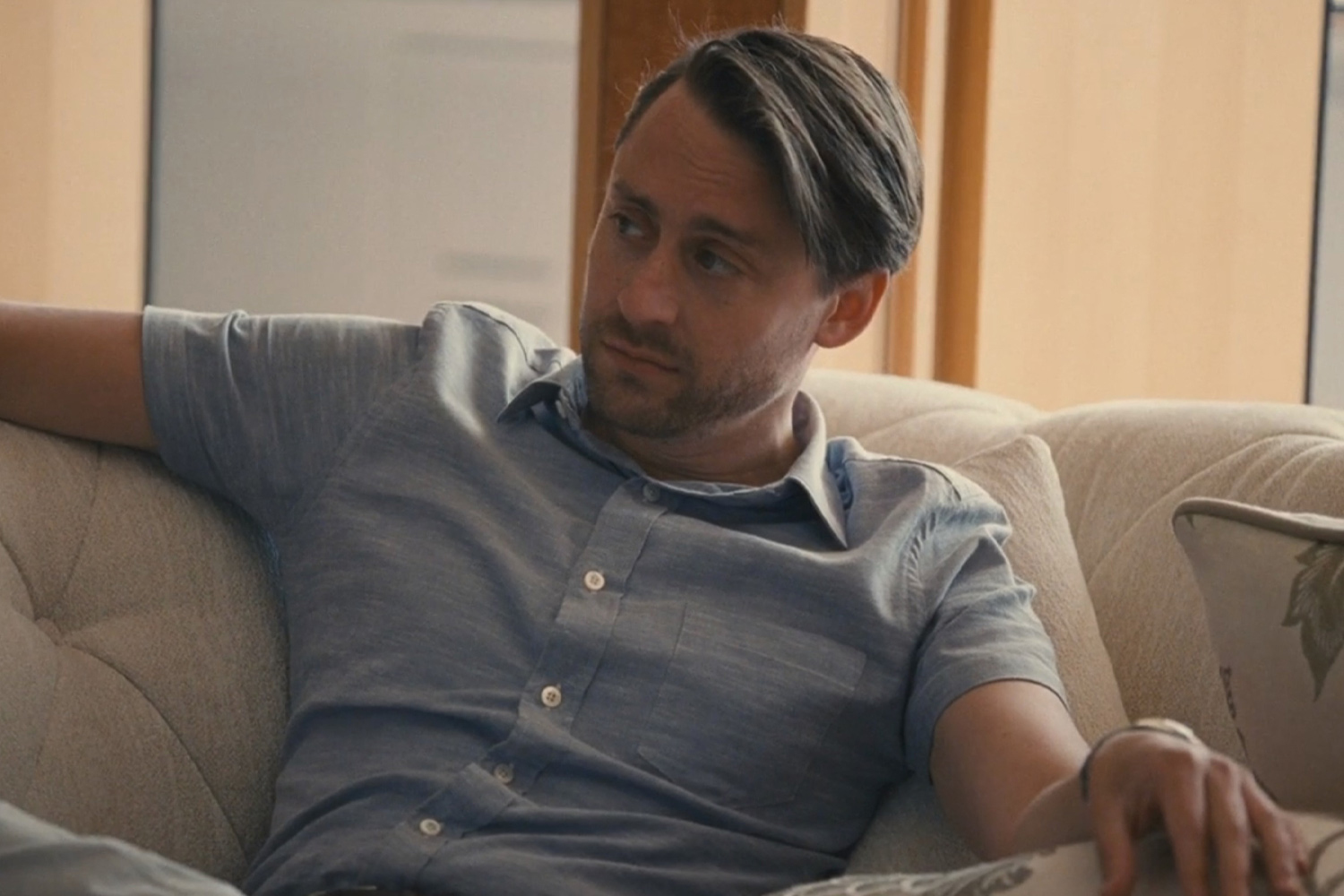
Season 2, Episode 10
Roman Roy: “Then the ambassador took us out for a shitty lunch and someone from the agency gave us the old Merlot waterboard.”
Having returned from what was nearly an actual hostage situation, youngest Roy sibling, Roman, summarizes his experience with characteristic tough-guy posturing by insinuating that having to drink Merlot was the actual torture. “Merlot is suffering from a public relations crisis more than any kind of vineyard mismanagement,” says Christopher Costales, wine director of Temecula wine country’s Pauma Valley Country Club, with the Sideways effect still making itself felt 20 years later. “As a country club sommelier I must admit I have a hard time getting anything other than Cabernet Sauvignon in someone’s wine glass,” says Costales. “Merlot is viewed as a blending partner rather than a star grape in its own right for a large generation of people wealthy enough to afford the latest 100-point score out of the Napa Valley.” Also consistent with Roman’s character, “his comment is rooted in immaturity and insecurity,” says Costales. “I would love to share a bottle of Château Pétrus with him and wax poetic about the beauty found in a bottle of Merlot. Of course, I’m assuming he’ll be the one paying for it, though.”
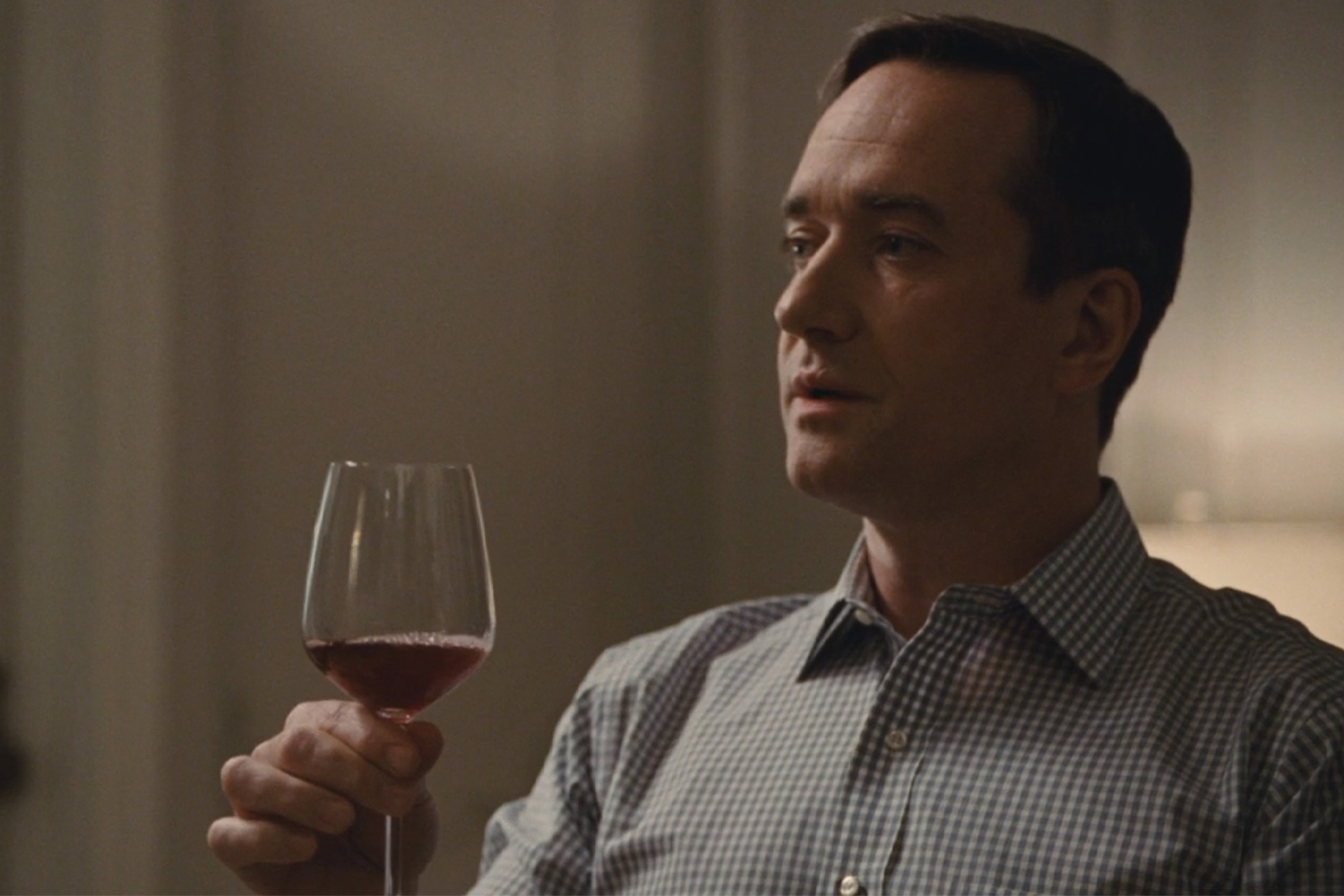
Season 3, Episode 6
Tom Wambsgans: “It’s the Spätburgunder! Our vineyard! Oh…screw top. Oh.”
Unveiling a bottle that will effectively become a recurring character, Tom Wambsgans, Waystar Royco executive and husband to Siobhan “Shiv” Roy, tries to hide his disappointment that the first wine from his and Shiv’s vineyard has a screw top closure. (Spätburgunder, by the way, is simply the German name for Pinot Noir.) Tom does not come from means, but his arrival in the upper echelon and his desperation to stay there is constantly played out via wine, more so than any other character in the series. “Tom is an amazing wine snob,” says Jamie Schwartz, US portfolio specialist for Skurnik Wines. “There is no doubt that he’s upset that his private label Spätburgunder did not get a cork closure, to signify the age-worthiness of his wine.”
While no doubt a metaphor for the age-worthiness of his and Shiv’s marriage, a screw top closure does not necessarily reveal a wine of a lesser quality. “Australia and New Zealand were early adopters of the screw cap closure because they received low quality corks and felt that the screw cap was a more secure way to protect their wines,” explains Schwartz. “As a result, many quality wines from these regions have long been under screw cap, and across all markets, the screw cap closure has been adopted for [quality] wines that are intended to be consumed quickly while the wine is fresh. This can be an indicator of a lower price point, but you shouldn’t assume that automatically means lesser quality wine.”
Season 4, Episode 7
Tom Wambsgans: “Don’t say it’s German and don’t say it’s biodynamic, just say it’s a light fruity red.”
In the wine troll that keeps on trolling, when the Spätburgunder gets reintroduced in a later episode, the term “biodynamic” here becomes the scapegoat for Tom’s dissatisfaction with his namesake wine, as he instructs a server on how to get people to drink it. “Biodynamic is one of those terms I get asked about all the time,” says Escudero. “It refers completely to the style of farming and adds another dimension to organic farming, that takes into consideration lunar cycles when planting, pruning, and harvesting. The overall message is that the vineyards are a natural system that is connected to the rest of the universe and needs to operate as naturally as possible.” Many producers use biodynamic agriculture to produce classic wines that don’t have a “persistent funk,” “agricultural” aroma, or that “smell like wet dog,” making Tom’s disdain of the whole practice a little under-educated and over-budgeted.
Season 4, Episode 7
Tom Wambsgans: “It’s the kind of wine that separates the connoisseurs from the weekend Malbec morons.“
Again, the Spätburgunder. Here we see Tom gleefully putting a glass of the wine he hates into the hand of his romantic rival. One could forgive him the power play, if not for the Malbec comment, a reflection of Tom’s insecurity that either losing Shiv or his place at Waystar Royco could return him to the ranks of those without wealth. Is Malbec about to go the way of Merlot? “If I were a winemaker who focuses on varietal Malbec I would be sounding the alarm and getting ready to start blending it with other grapes,” says Christopher Freund, founder and partner of Pure Wine NYC. “A single line in Sideways tanked Merlot sales for an entire generation, and Succession has been hitting nearly 8 million views an episode. Read the room: shift into producing blends instead and they might be able to control the damage instead of repeating history.”
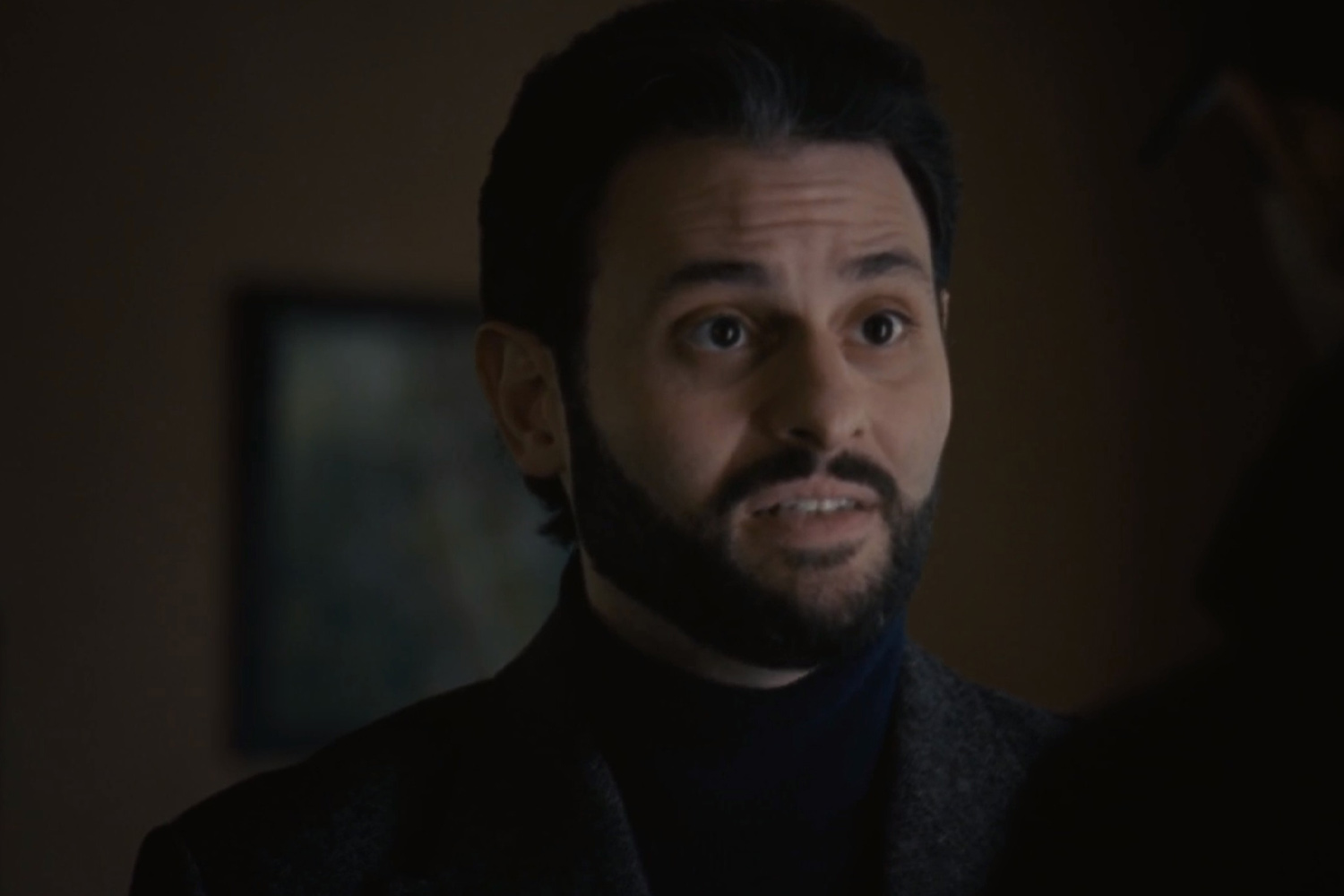
Season 1, Episode 9
Stewy Hosseini: “Brother, we are putting together a hostile takeover of one of the largest media corporations in the world. I think we can brave some non-vintage Champagne.”
Long-time friend and business associate of Kendall Roy — Succession’s literal Most-Likely-to-Succeed — fellow billionaire Stewy takes the above dig at Kendall expressing surprise at his suggestion of a business meeting at a dusty, country pub (which turns out unlikely to have any Champagne). “Vintage Champagne is a winemaker’s dream,” says Jerry Chandler, general manager and wine buyer at Charlotte’s Bohemian Wine Bar, and co-writer of Queen City Nerve’s column, JK Wine. “It’s a rare jewel where everything that could possibly go right during a single year has occurred.” Most Champagne, even top-tier labels, are non-vintage, meaning that the bottle is not dated with a single year in which all of the grapes were harvested. Champagne houses regularly employ multi-vintage blends in order to achieve a consistent style from year-to-year. To therefore dismiss most Champagne as only drinkable in dire circumstances rates pretty highly on the snobbery scale. “This reveals generational wealth seeping out of their pores,” says Chandler.
Join America's Fastest Growing Spirits Newsletter THE SPILL. Unlock all the reviews, recipes and revelry — and get 15% off award-winning La Tierra de Acre Mezcal.
